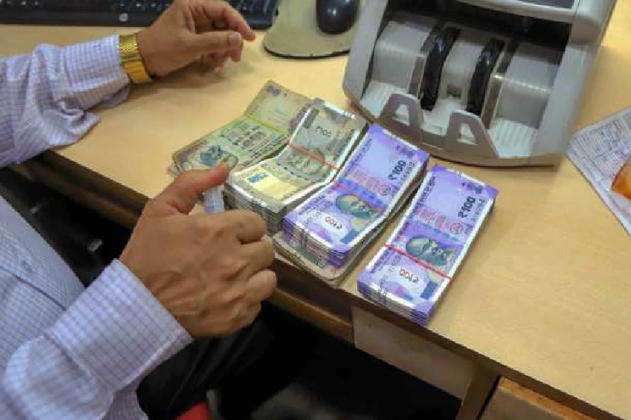Cash Transaction: These days it is the era of digital. Many types of rules have been set by the government for cash. Therefore, keep the amount of cash taken very less. In such a situation, if there is more than Rs 10 lakh in the savings account, then it will immediately come under the radar of income tax. Doing high value transactions can lead to financial trouble.
Cash Transaction: Digital payment is increasing rapidly in the country. If it is said that this is the era of digital payments then it would not be wrong. Digital payment has not only made transactions easier, but it is also very secure in terms of transactions. A large part of the country’s population has shifted or is shifting towards digital transactions. Meanwhile, many people today consider cash transactions better. But if you do high value cash transactions then you may come under income tax.
Similarly, today we are going to tell you about 5 high-value cash transactions. On whom the Income Tax Department always keeps an eye. If there is any mistake in these cash transactions, the Income Tax Department can issue you a notice.
Credit card bill payment
If the credit card bill is more than Rs 1 lakh. If you have paid it in cash then you may get into big trouble. In such a situation, Income Tax may interrogate you. You may have to disclose the source of where this money came from. Similarly, if any cash or online transaction of more than Rs 10 lakh is done in any financial year, then you can face big trouble. From the Income Tax side, questions can be asked as to where such a huge amount has been brought from.
Deposit cash into bank account
According to the rules of the Central Board of Direct Taxes (CBDT), if a person deposits Rs 10 lakh or more in cash in a financial year, then it has to be reported to the Income Tax Department. This limit has been set by the government. From April 1 to March 31, you cannot deposit more than Rs 10 lakh in cash in the savings account. If the amount goes above this, the bank will inform the CBDT about this. In such a situation, the Income Tax Department may ask for information from you.
Cash deposited in fixed deposit
If a person invests more than Rs 10 lakh in cash within a financial year, he may get a notice from the Income Tax Department. Even if you deposit small amounts in different accounts but the total amount exceeds Rs 10 lakh, you will still come under the radar of the authorities.
Property transaction
If you have made a cash transaction of Rs 30 lakh or more while purchasing a property, then the property registrar will definitely inform the Income Tax Department about this. At such a time, the Income Tax Department may ask the reason for this transaction. In this regard, information about the source of money will have to be given.
Buying shares, mutual funds, debentures or bonds
Many people consider investing in shares, mutual funds, debentures or bonds as a good option. This type of investment can also increase the habit of saving money in the investor. But if one uses large amount of cash to buy shares, mutual funds, debentures or bonds. Then in such a situation an income tax notice may be received. Here also you cannot invest more than Rs 10 lakh in cash.


